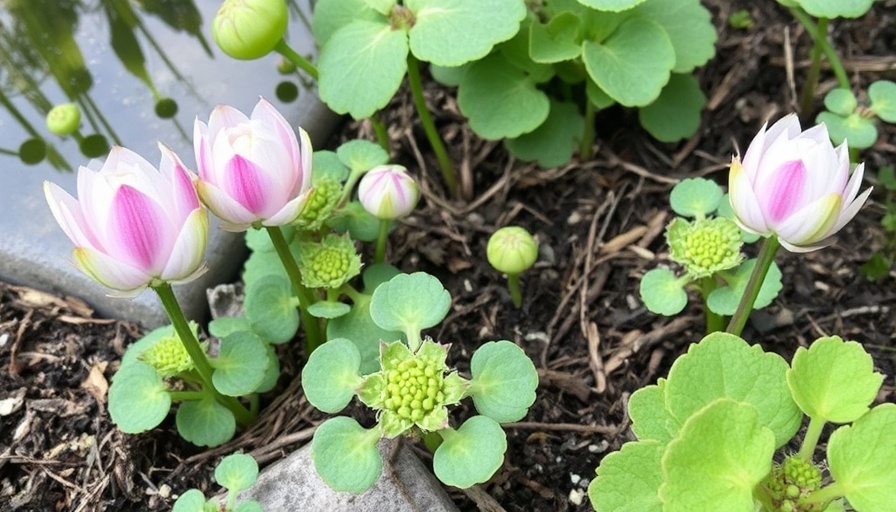
Creating Your Own Herb Garden: A Simple Guide
If you're a kitchen enthusiast who enjoys adding a touch of freshness to your meals, there's nothing quite like growing your own herbs. Not only do they enhance the flavor of every dish, but growing them at home can also bring a sense of accomplishment, even if you consider yourself to have a "brown thumb" rather than a green one. The idea of starting a herb garden on your windowsill may seem intimidating, but it's simpler than you might think. With just a little attention and care, you can cultivate a thriving herb garden right in your kitchen!
Why Grow Herbs Indoors?
Growing herbs indoors allows for easy accessibility while cooking. Imagine reaching for a sprig of fresh basil right from your windowsill as you're preparing your favorite pasta dish. Additionally, indoor herbs are shielded from outdoor elements like harsh rain, pests, or unexpected frosts. However, it's essential to provide adequate light and moisture to keep your plants flourishing. Overall, the experience of nurturing herbs can be incredibly rewarding.
Choosing the Right Spot for Your Herbs
Placement is crucial in ensuring your herbs thrive. Ideally, you want them on a sunny windowsill that receives plenty of daylight. However, some herbs, like basil, require indirect sunlight to protect them from wilting in intense heat. Make sure the pots have drainage holes to prevent waterlogging, which can adversely affect plant health.
Popular Herbs to Start With
When beginning your herb garden, consider starting with easy-to-grow plants. Basil, mint, chives, and parsley are excellent options. They are hardy and can adapt well to indoor conditions. Furthermore, growing herbs that you frequently use in cooking will make your efforts more worthwhile.
Outdoor vs. Indoor Herb Gardening
If you have a balcony or a backyard, outdoor herb gardening can be a delightful experience. Outdoor plants generally grow larger and have more robust flavors due to natural sunlight and weather conditions. Remember to take care of seasonal needs—some herbs, like basil, are sensitive to frost, whereas others, like rosemary, are frost-resistant. Both options carry unique advantages, so choose according to your available space and lifestyle.
Essential Care Tips for Your Herbs
1. **Watering**: Keep the soil moist but not soggy. Checking soil moisture with your finger can help you gauge when to water.
2. **Pruning**: Regularly trim your herbs. This encourages bushier growth and ensures healthier plants.
3. **FERTILIZING**: Use a diluted liquid fertilizer every four to six weeks to provide essential nutrients.
The Psychological Benefits of Indoor Gardening
Engaging in gardening—no matter how small—can improve your mental health. Not only does it provide therapeutic benefits, but the process of watching plants grow and thrive can boost your mood, especially for those living in urban areas with little access to green spaces. The act of nurturing living things can be calming and stress-relieving.
Getting Started Today!
Starting an indoor herb garden is not just about growing plants; it's about enriching your cooking and your overall well-being. If you’re ready to embrace this rewarding hobby, slowly collect your pots, soil, and seeds, and let the adventure begin. And don't hesitate to reach out for tips or shared experiences—gardening communities, both offline and online, are fantastic resources!
Conclusion
With a few accessible tools and plants, you can cultivate your own mini herb paradise right at home. Whether you’re using herbs for cooking or finding personal enjoyment in watching them grow, there are numerous benefits to growing your own herbs. Why not start today? Your kitchen will thank you!
 Rij toevoegen
Rij toevoegen






Write A Comment